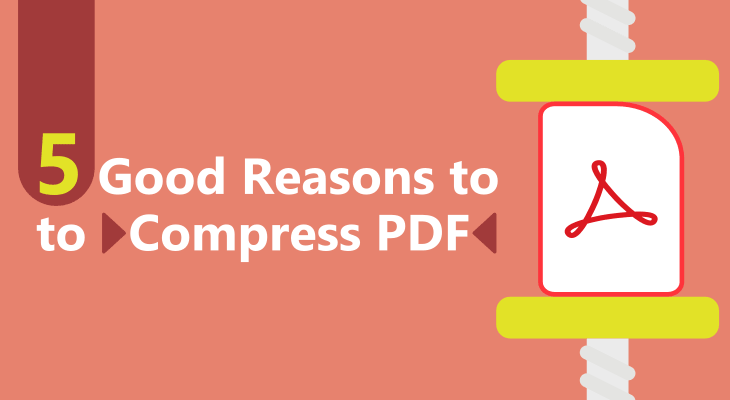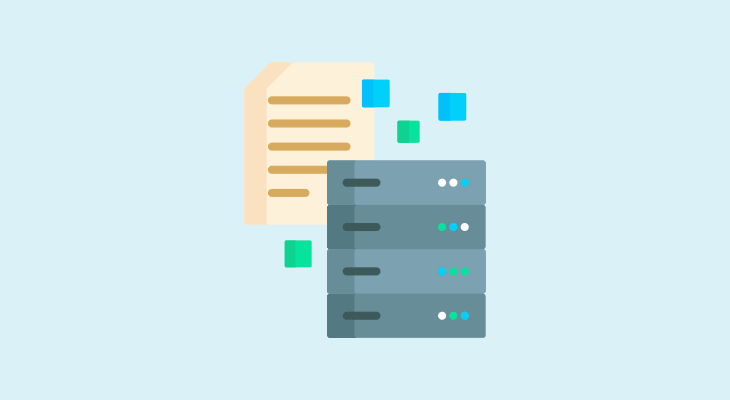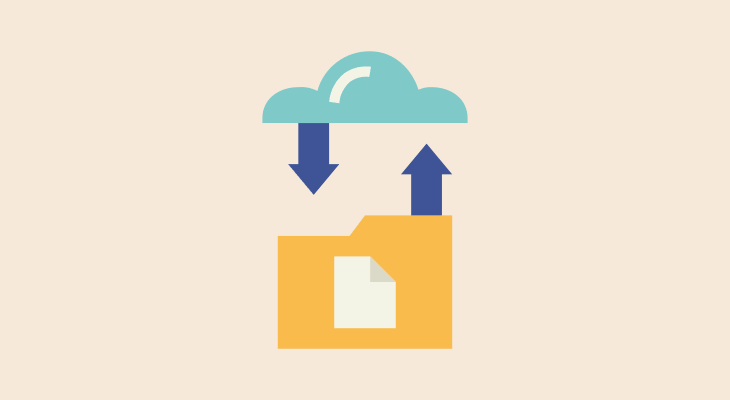5 Good Reasons to Compress PDF

What’s the first thing that rings in your head when you hear the word “compression”? It’s probably file size reduction. If you just said YES, you are right.
Compression, regardless if it is a file or data compression is always about size reduction. It’s a much-needed step when working with data because it has a lot of benefits.
You have probably compressed or worked with a compressed file at least once in your life. Most of these files are referred to as zipped files and one file contains lots of compressed files in it.
Speaking of files, you can compress every file format, which allows you to save space on your hard drive and easily manage and send the document. One of the file formats that often need to be compressed due to their large size is the PDF.
PDF is one of the most common file formats today thanks to its versatility and ability to be accessed from any device as well as to accommodate very large files. No wonder lots of people prefer using PDF over MS Word, or any image format such as JPG and PNG.
While PDF is great for use, it is quite big and has some disadvantages, such as taking a lot of space storage and being hard to send over email or any other sharing tool.
But, that’s where compression comes in.
You can compress PDFs using third-party compressing software with ease and enjoy all of its advantages. The first point of touch is right here on this website, ready for you in the name of GorillaPDF compressor. Try it, but don’t forget the benefits below :)
Why Should You Compress PDFs: 5 Benefits of PDF Compression
When you compress a PDF it means you reduce its size drastically.
Files with less size are much easier to manage and work with.
If you are not sure why you should compress your PDFs and how that will help you, here are 5 reasons to convince you.
1. Save Storage Space

The most obvious reason for compressing a PDF (as well as any file format) is that it saves you a lot of storage space.
No matter if you store your files on your computer’s hard drive or a cloud tool, such as Google Drive and OneDrive, you will save a lot of space and will able to store more files.
While most computers now have enough storage capacity to accommodate lots of large files, cloud storages come with limited storage space, especially for those who don’t want to pay for additional space.
For instance, Google Drive allows you to upload files of a maximum of 25 MB in size. Therefore, if your file exceeds this size, you won’t be able to upload, store it, or share it on cloud tool.
Compressing PDFs can reduce their size by 10 to 100 times, thus leaving you lots of storage space. No more bulky PDFs and clog storage. Now, you can store more files on your PC or cloud storage without compromising the document’s quality.
2. Faster Transfer

You may have noticed that when you want to send large files over email or share them over online file-sharing programs/apps sometimes it’s not possible.
This is because there are limitations in terms of the size of the file(s) being sent.
As mentioned above, Google Drive allows you to upload, thus share, files of up to 25 MB per file. When compressing PDFs and reduce their size, you make them compatible for sending, regardless of the size limitation of the sharing tools or emails.
Moreover, compressed files allow a faster transfer. It’s because it reduces the time for sending and downloading the file(s).
So, you can send PDFs via email or other sharing tools much faster.
No more waiting for minutes to download one file.
Being able to send your PDFs in no time is especially important in the business world as associates, partners, and customers don’t want to wait long for their documents or answers regarding a service or a product your offer.
Therefore, PDF compression not only helps you send files faster but it also saves your colleagues time and improves the customer experience.
3. File Management

One of the best advantages of PDF compressing is that it allows you to compress a batch of files at ones. We are not speaking about 10 or 20 files, more like 100 and 1000 files ALL AT ONCE. That allows you to reduce a massive size in a very short time.
Moreover, when compressing bulk files, you get them in one zipped file. That means you have gathered them and organized them in one place, so you don’t have to waste time searching for them on your computer.
The best thing about bulk compression is that you not only organize them but also create searchable text. In other words, you can search for portions of text within the compressed file. In that way, you will save a lot of time searching for particular information. Plus, it makes accessing and working with the file more convenient, especially when working with a team (colleagues) on the same files.
Apart from allowing you to find a certain word or information inside the compressed file, creating searchable text also benefits your organic search results, SERP, and online visibility. It’s because the search engines can index your files on the internet faster.
4. File Archiving and Backup

One of the most important features of files is their archiving and backup. Archiving files is used to collect multiple files into a single one for easier transfer and storage. Backing them up, on the other hand, ensures they are secure in case we have a problem with our computer or mobile device. Even in events when your device gets lost or breaks down, you have your files ready to backup from another device.
You don’t have to worry about your files as many modern PDF compressing software supports rendering PDF and PDA files, which makes archiving them much easier. Plus, by drastically reducing their size, they ensure your files can be easily backed up by cloud storage, like Dropbox or Google Drive.
Speaking of file security, we can’t forget their online safety. As you may know, uncompressed files can be corrupted when sent over the web. However, compressed files can’t, thus preventing data corruption and preserving their integrity.
5. Cost Reduction

The last reason for compressing PDF files on our list is cost reduction. You have probably never thought of this, but compressing can cut the costs of a company, even personal costs (of individuals. It’s because it saves them from paying for additional storage than one they have, larger bandwidth, and file-sharing software/apps.
In terms of data storage, you don’t have to pay for additional storage on your Google Drive or Dropbox or upgrade the storage of your PC, regardless if you are an individual or a company. For individuals, 15 GB of free Google Drive storage can be enough when uploading compressed PDFs. For companies, there’s no need to additionally increase the basic storage, at least not in a short time.
Moreover, you don’t have to pay for faster internet to get larger bandwidth. You will be able to upload, download, and send/share PDFs via email or file-sharing tools much faster when dealing with small-sized files. If we take into consideration that many Internet Service Providers charge for a certain amount of data downloaded, downloading compressed PDFs will allow you to download more files without paying extra.
When it comes to file-sharing software and apps, most of them limit the size and the number of files shared. By compressing PDFs, you will avoid these issues as you will be able to share one compressed PDF containing hundreds or thousands of PDFs and will have a smaller size that falls within the sharing limits.
As you can see compressing PDFs has lots of advantages. It not merely reduces the size of the files but also makes them much easier to manage and work with. This is especially important for businesses or individuals working with a team (freelancers). By compressing their PDFs, they can send, share, collaborate, access, and manage the files without compromising their content and quality. Let’s not forget, compressed PDFs stay secure and safe even when sent over the web, which prevents confidential data leaking.
